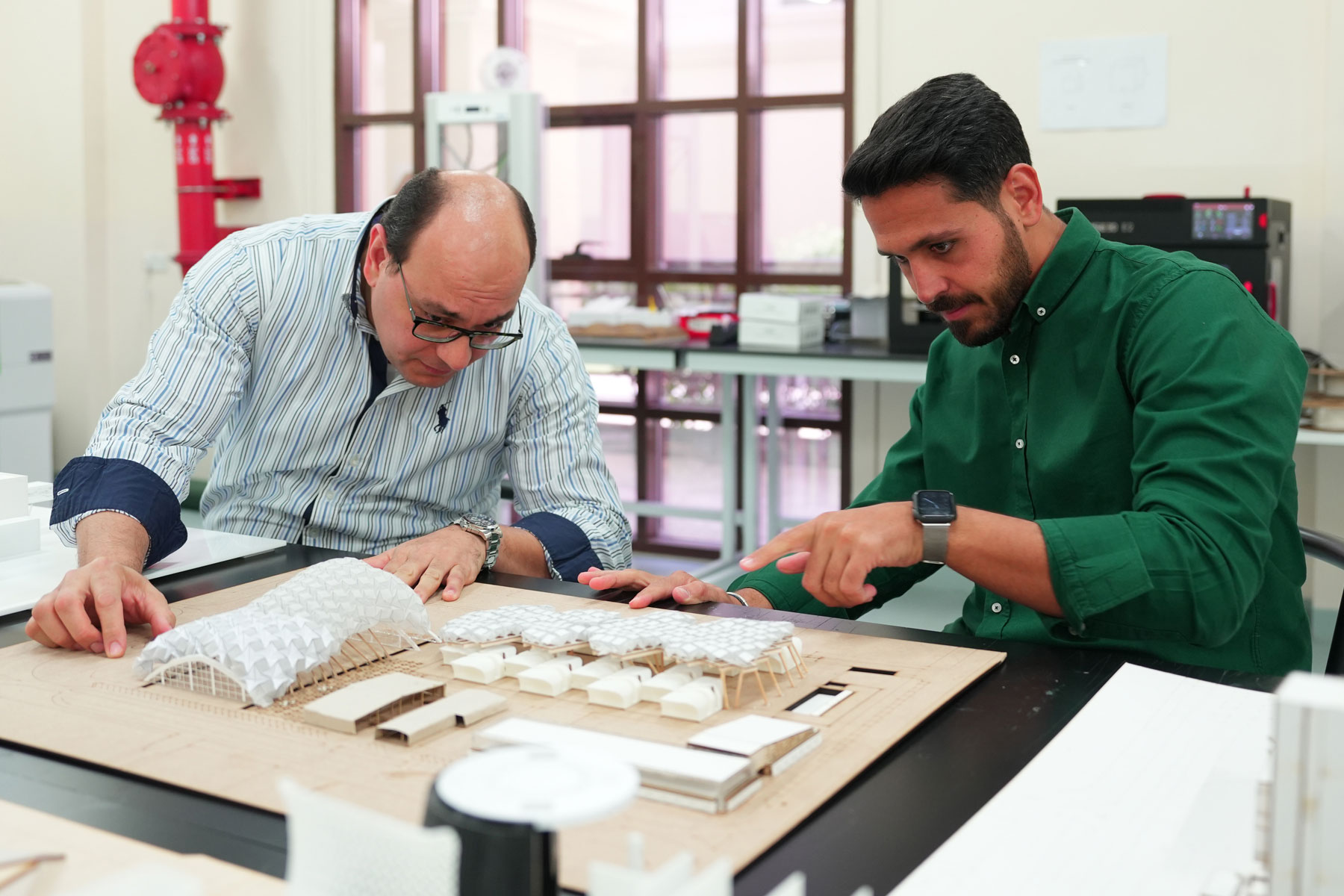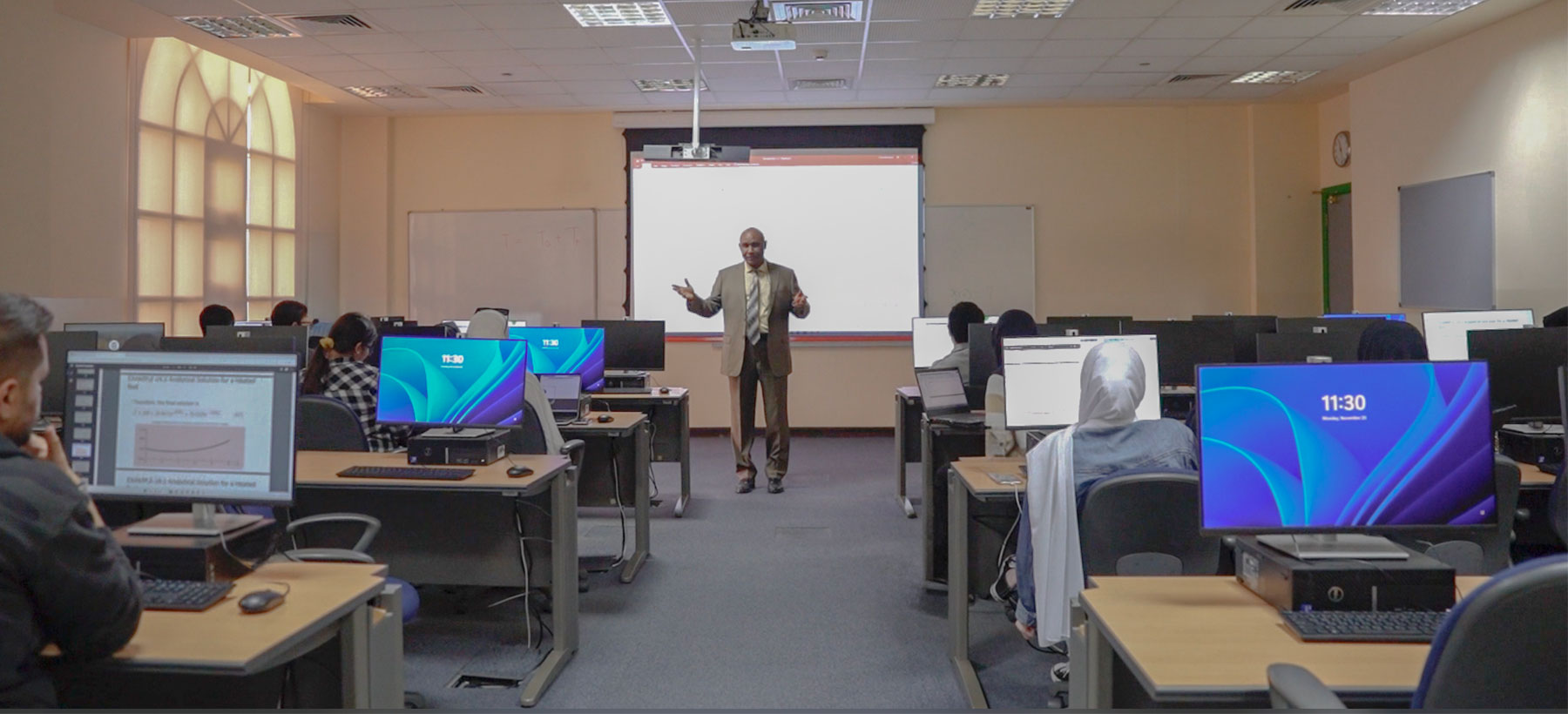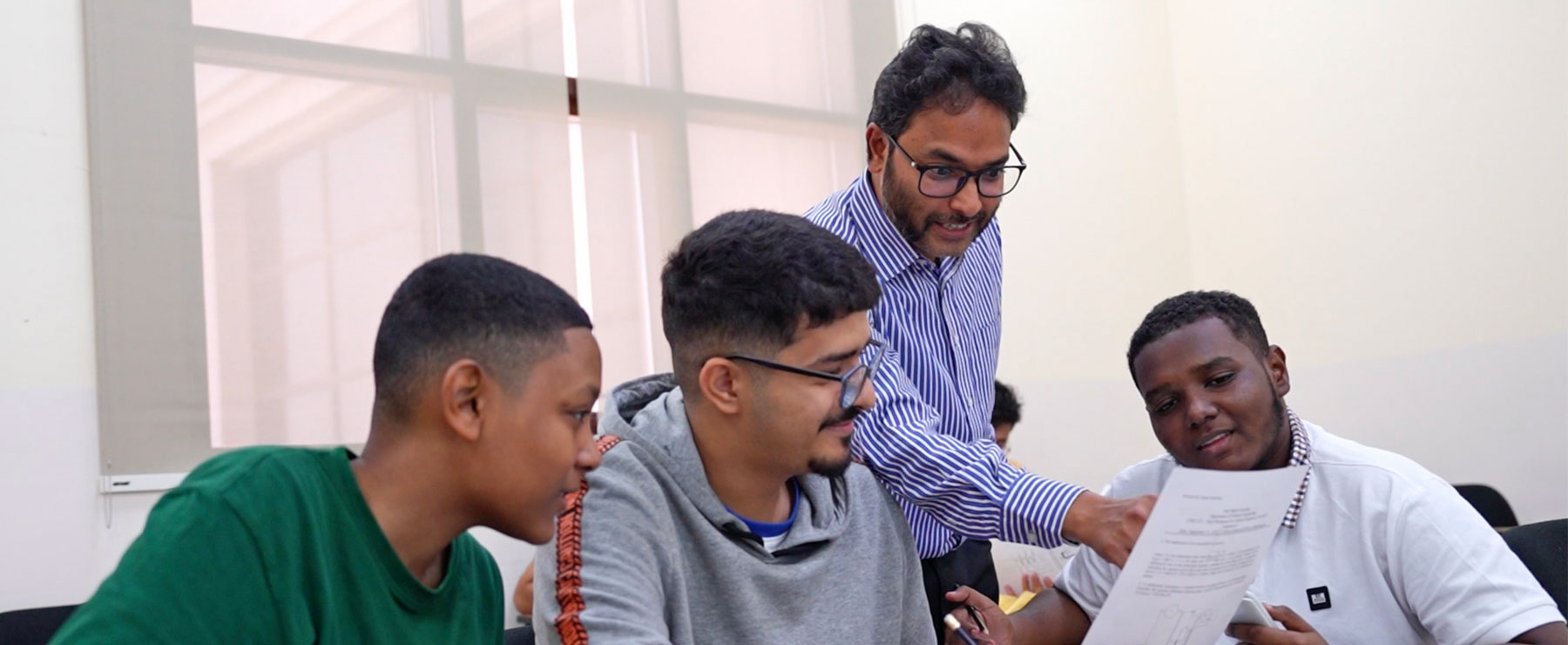Collaborative Excellence for Educational Advancement.
ADU_COL_2025 proudly collaborates with distinguished partners who share our commitment to advancing education. Our esteemed partners for this year's conference include:
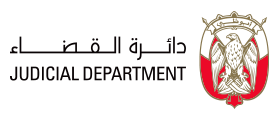




Legal Challenges in the Age of Artificial Intelligence: Between Theory and Practice
The College of Law at Abu Dhabi University is pleased to announce its 2025 Annual Scientific Conference under the title 'Legal Challenges in the Age of Artificial Intelligence: Between Theory and Practice'.
The conference will address emerging legal issues arising from the rapid development of artificial intelligence and its impact on various legal fields and present innovative solutions based on academic research.
- Conference Slogan
Legal Challenges in the Age of Artificial Intelligence: Between Theory and Practice
Conference Theme
Legal Challenges in the Age of Artificial Intelligence
Innovations in Teaching & Learning.
DetailsLegal Challenges in the Age of Artificial Intelligence: Between Theory and Practice
The College of Law at Abu Dhabi University is pleased to announce its 2025 Annual Scientific Conference under the title 'Legal Challenges in the Age of Artificial Intelligence: Between Theory and Practice.'
The conference will address emerging legal issues arising from the rapid development of artificial intelligence and its impact on various legal fields and present innovative solutions based on academic research.

Share
InsightsExchange
IdeasPioneering
Approaches
Legal Challenges in the Age of Artificial Intelligence
The Objectives of ADU_COL_2025 :
Explore cutting-edge advancements in artificial intelligence and their applications in teaching and learning.
Showcase innovative AI-driven tools and strategies that transform educational practices.
Advocate for the use of AI to support students of determination and address diverse learning needs.
Develop strategies to make AI-enhanced education accessible to underrepresented and underserved communities.
Create a platform for educators, researchers, policymakers, and industry leaders to collaborate on AI-driven educational innovations.
Facilitate discussions on cross-disciplinary approaches to integrating AI in education.
The Target Participants of ADU_COL_2025 :
University professors and legal researchers
Judges, lawyers, and legal consultants
Representatives of government and private entities with an interest in the conference topics
Postgraduate law students
Experts in artificial intelligence and technology
Distinguished keynote speakers at the College of Law Conference 2025.
Legal Challenges in the Age of Artificial Intelligence: Between Theory and Practice

Prof. Talaat Dowidar
Dean of the College of Law, Abu Dhabi University
Judge Dr. Abdel Meguid Mahmoud
Director of the Technical Office for Judicial Inspection in Abu Dhabi
Professor Dr. Ahmed Abdel Zaher
Legal Advisor at the Abu Dhabi Judicial Department and a Board Member of the Abu Dhabi Judicial AcademyConference Theme:
Legal Challenges in the Age of Artificial Intelligence: Between Theory and Practice
Date:
October 2025
Venue:
Abu Dhabi University, UAE
Important Dates:
Call for proposals
TBA
Abstract submission deadline
TBA
Notification of abstract acceptance
Within two weeks after the submission deadline
Full paper submission deadline
TBA
Decisions about paper acceptance
TBA
Conference registration deadline
TBA
Discover the roadmap to the future of education within the ADU_COL_2025 Program Schedule.
From thought-provoking sessions to interactive workshops, our schedule is designed to inspire, engage, and facilitate the exchange of groundbreaking ideas.
Time | Topic | Speaker | |
|---|---|---|---|
Abu Dhabi, UAE.
Shaping global education with diverse participants and innovations, fostering an engaging experience in teaching practices, unlocking potential, and reshaping the future of learning.
The 2nd ADU International Conference on Education: Advancing Teaching Practices through AI is designed for academics, researchers, educators, practitioners, postgraduate students, and alumni who are passionate about leveraging Artificial Intelligence to enhance teaching and learning experiences across educational domains. This conference will be relevant for:
Professionals involved in curriculum design, assessment, and evaluation, with a focus on integrating AI tools and methodologies.
Educators and researchers exploring AI-enhanced pedagogies, student engagement, and faculty development.
Specialists in educational technology, instructional design, and AI-driven learning environments.
Leaders and administrators in universities, colleges, vocational education, and training institutions who are driving AI adoption in education.
Policymakers and industry experts working at the intersection of AI and education to create innovative, inclusive, and sustainable learning ecosystems.
Individuals interested in ethical considerations, equity, and accessibility in the implementation of AI in education.
The conference will have an international scope, attracting participants from diverse countries and regions, and providing a platform for cross-cultural exchange and interdisciplinary collaboration.
Enquire NowLegal Challenges in the Age of Artificial Intelligence: Between Theory and Practice
The slogan of the Conference is 'Legal Challenges in the Age of Artificial Intelligence: Between Theory and Practice' The conference will address emerging legal issues arising from the rapid development of artificial intelligence and its impact on various legal fields and present innovative solutions based on academic research.
We welcome research papers, case studies, posters, and conceptual papers related to the following themes:
Themes:
1
- Development of Artificial Intelligence in Litigation
AI applications in e-litigation
AI-driven evidence and digital proof
AI in online and international arbitration
AI's role in mediation and reconciliation
AI and international investigations: digital evidence and legal standards
AI's impact on evidentiary tools in Islamic jurisprudence
Predictive AI for crime prevention
AI's influence on judicial reasoning in criminal cases
AI-generated judicial decisions: validity and oversight
Data protection and privacy in judicial processes
AI in providing legal counsel and advisory services
Technical challenges in judicial AI adoption
AI's influence on foreign judicial decision recognition
AI applications in judgment execution and judicial delegation
AI in expert witness processes
2
- AI Regulations in Administrative Governance
AI's role in enhancing administrative decision-making and planning
AI's influence on governance principles: transparency and accountability
AI in combating administrative corruption
Data privacy and digital identity protection in governance
AI's impact on reducing bureaucracy and ensuring efficient service delivery
AI regulations from the perspective of Islamic jurisprudence
3
- Impact of Artificial Intelligence on Legal Liability
Legal frameworks for AI-related risk insurance
Civil liability for damages caused by AI applications
Employer liability for AI-operated tools in the workplace
Criminal liability for AI-induced errors and privacy violations
AI's role in cybercrime prevention
Security risks of AI, such as spyware development
AI's influence on liability under private international law
AI's impact on security guarantees in Islamic jurisprudence
4
- Legislative Trends in AI Use for Contracts and Commerce
Risks of AI-assisted contract execution
Automated contract analysis via AI
Evaluating national legislation on AI-assisted contract formation
Consumer protection in AI-based contracts
AI's influence on labor laws and employment contracts
Challenges of AI in commercial transactions and corporate governance
AI in organizing commercial records and business registries
AI's role in Islamic banking contracts and international arbitration
5
- Protection of Rights and Public Freedoms in the Age of AI
The Impact of Artificial Intelligence on Constitutional Regulations Governing the Balance Between Individual Rights and Public Interests.
Judicial roles in protecting rights and freedoms amid AI usage
Privacy protection in AI-driven applications
Legal accountability for rights violations from AI use
Challenges of granting legal status to AI entities
Safeguarding essential rights through Islamic jurisprudence principles
6
- Regulation of AI Use in Economic Aspects
AI's impact on national economies and foreign investment attraction
Challenges for national economies in AI adoption
AI's role in financial services, banking, and tax regulation
AI applications in industrial and agricultural advancements
Digital taxation and crime detection using AI
AI in achieving financial preservation from an Islamic perspective
7
- Ethics of Artificial Intelligence in International Relations
AI's contribution to international cooperation goals
Global governance standards for AI technologies
AI's impact on international humanitarian law and arms control
Ethical principles for AI use in international law contexts
AI's role in defining outer space legal regimes
AI's influence on international treaties and consular relations
Ethical frameworks for AI in protecting civilians during conflicts from an Islamic perspective
AI applications for sustainable development and environmental protection
Authors are invited to submit original, case studies, or conceptual papers.
The Conference's Scientific Committee will review all submissions and the authors of accepted papers will be invited to publish them in the Conference proceedings.
Full papers should be submitted through the online submission system by 15 August 2025. Papers should be written in English or Arabic and should not exceed 5,000 words, including references, tables, and figures. For more information on submission guidelines, please visit the Conference website.
Conference Languages:
Arabic, English, and French
Mood of Participation
The research title must align with the conference themes.
All submissions must be made via the online submission system at (........).
Research must meet academic and scientific integrity standards.
All papers must include abstracts in both English and Arabic.
Papers should be between 20 - 35 pages.
Manuscripts should follow academic research formatting standards.
Font size: 14 (Times New Roman) for all languages; Footnotes:12.
Abstract length: 250 - 400 words with 'keywords' included.
All submissions will undergo review by a specialized academic committee.
A double-blind peer review process will be applied.
Accepted papers will be published in selected legal journals (e.g., ....... ).
Registration for the conference will start on August 2025.
Registration Benefits
Admission to all scientific sessions except workshops
Conference bag and name badge
Conference program
Certificate of attendance
Certificate of paper presentations (for authors)
Lunches (starter / main course/dessert)
Coffee-breaks
Tour in Abu Dhabi City
Abstract Presentation only
Conference Fee
$ $$$
Full Paper Presentation
Conference Fee
$ $$$
Non Presenters/ Attendees
Conference Fee
$ $$$
The accepted papers at the International Conference on Education “Advancing Teaching Practices through AI” will be published in the conference proceedings.
The proceedings will be made available in electronic format and published with an International Standard Book Number (ISBN). The proceedings will be indexed in relevant databases and made available online for free access.
Additionally, some of the selected papers may be invited for submission to relevant journals for publication, subject to the respective journal's policies and guidelines. The Conference's Scientific Committee will decide to invite a paper for publication in a journal based on its quality, relevance, and originality.
It is important to note that publication in the Conference proceedings does not guarantee publication in a journal. However, the Conference proceedings allow authors to disseminate their research and share their findings with a broader audience.
Awards:
Best Paper
Award
Best Presentation
Award
Best Poster
Award
Best PG Student
Paper Award
Criteria will be shared later.
Committee Members
Organizing Committee:
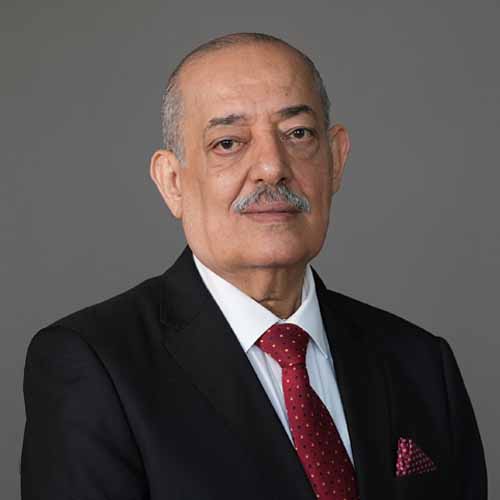
Prof. Dr. Talat Dowidar
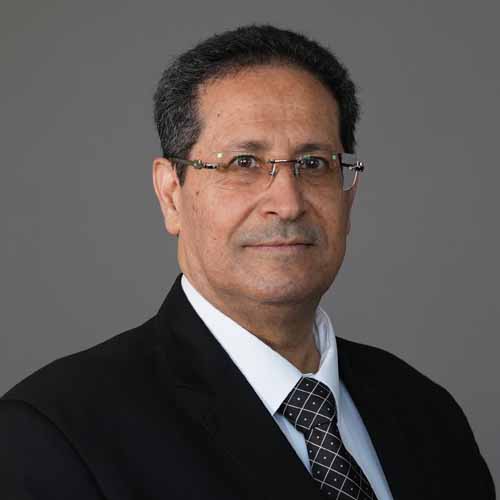
Prof. Dr. Jaber El Shafei
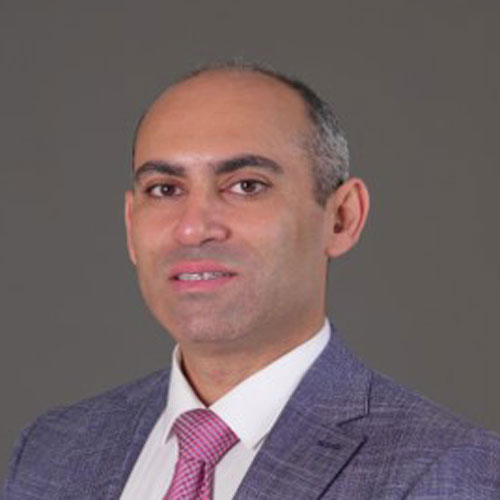
Dr. Hayssam Hammad
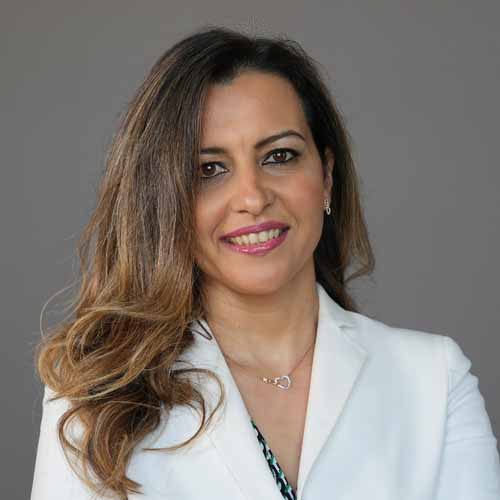
Dr. Dina Imad

Dr. Elsoghair Mahdy
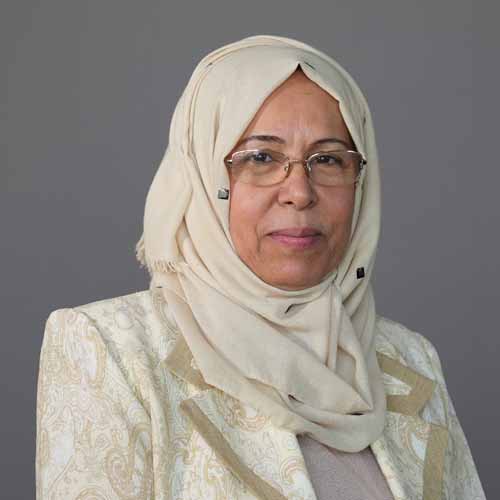
Prof. Dr. Nagwa Abouhaiba
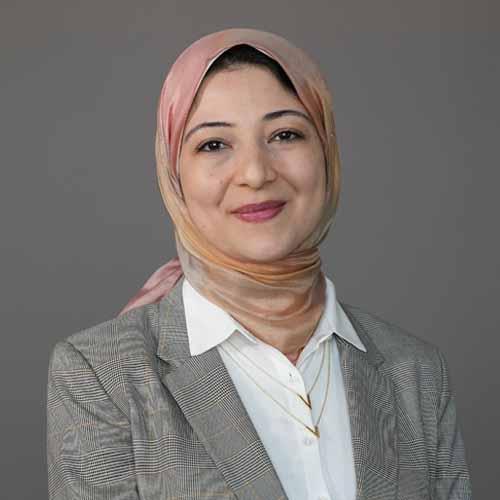
Prof. Dr. Marwa AbdelGhany
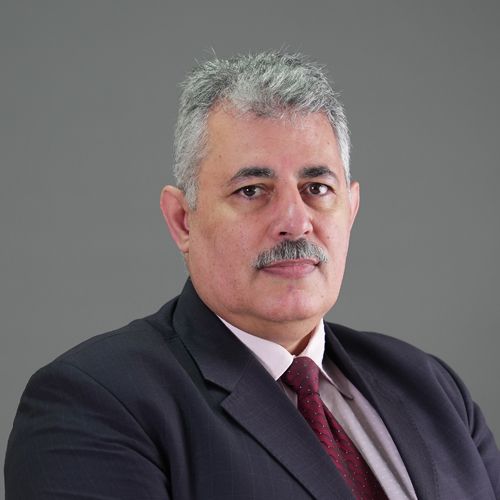
Dr. Ahmed Hassan

Dr. Hossam Aly


